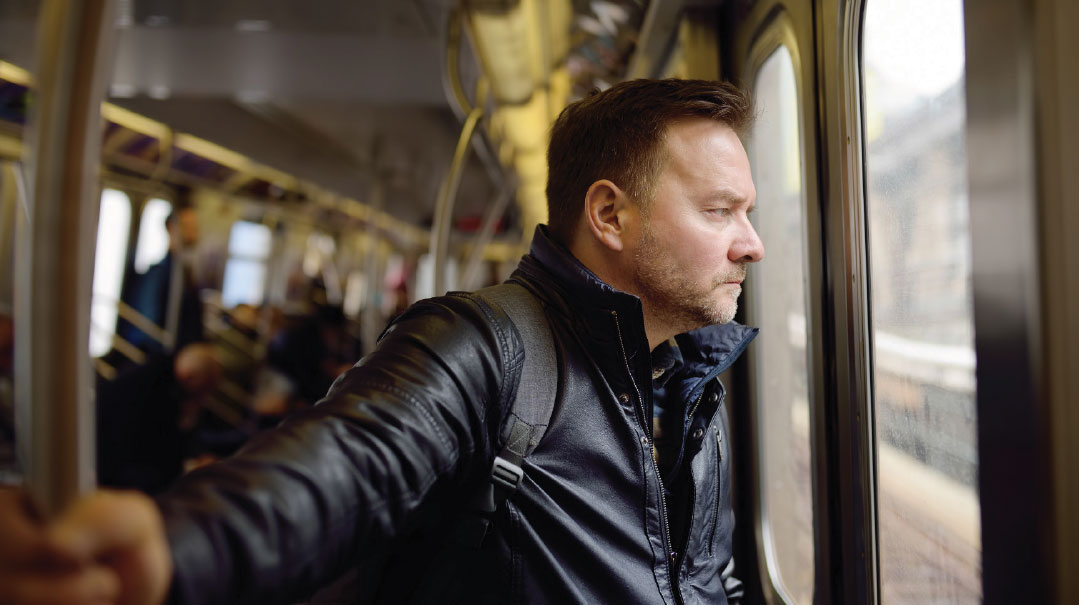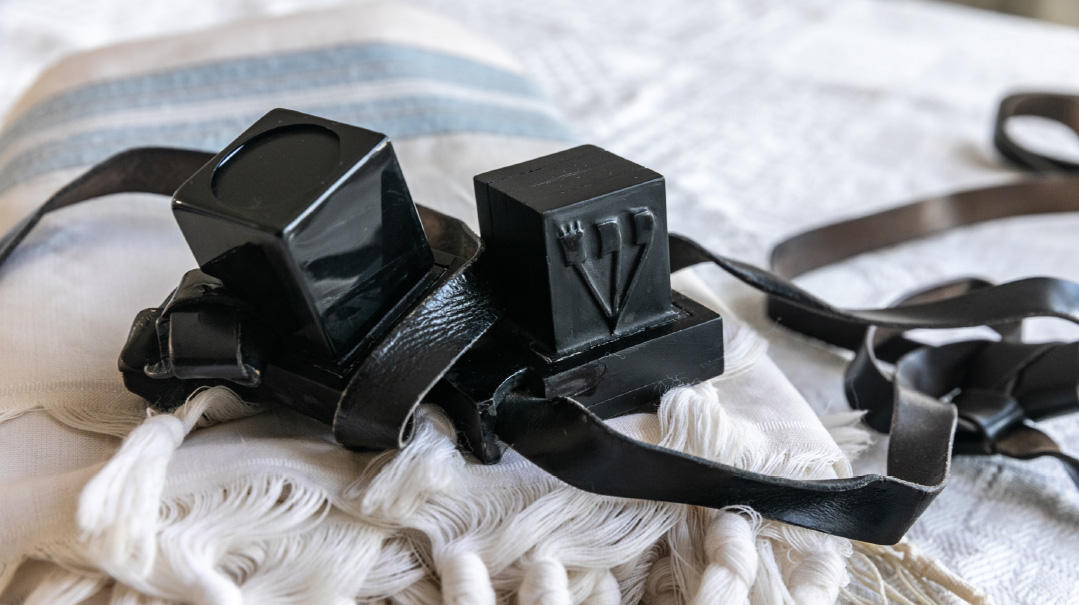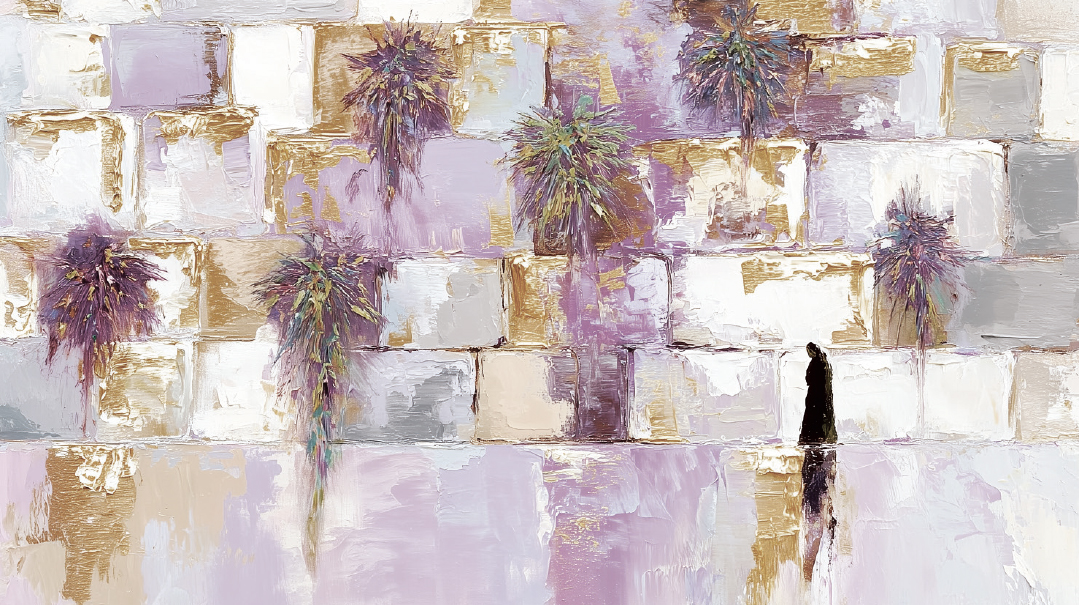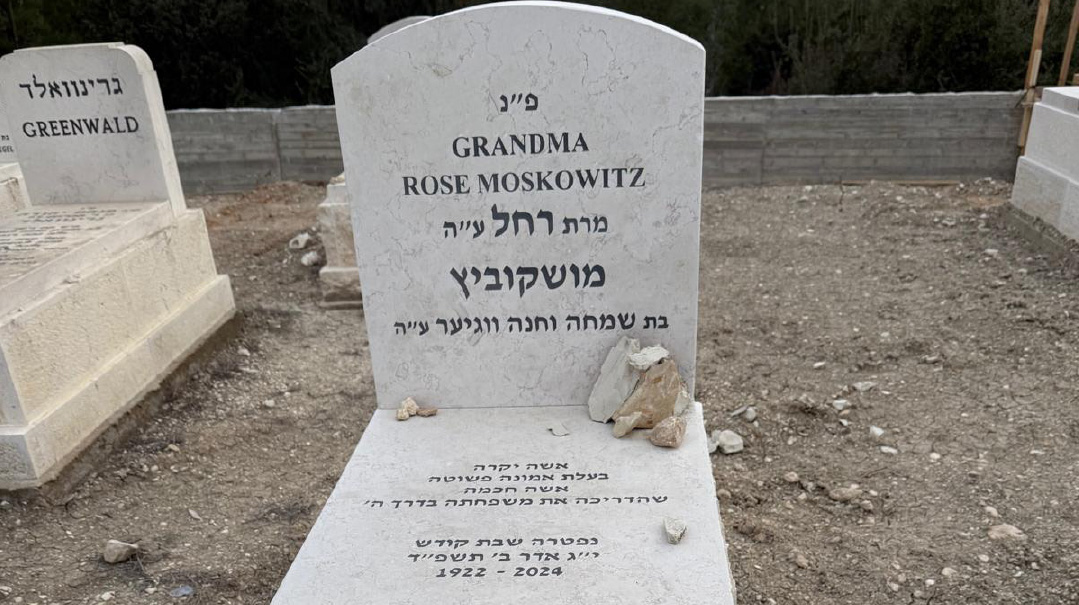Hearts in the Cold

“I have the most precious menorah in the whole world,” said the man. “Should I tell you why?”

Hearts beat alone in winter.
I think it’s the cold that makes us turn inward.
Winter does that. It wraps you in a cold embrace, and no matter how deeply you bury your nose in a scarf, the frigid winds remain undeterred. They seep through the layers I pile on — thermals, woolens, heat tech, and boots — and even with all that, my toes are frozen all season long, stubborn in the face of turmeric ginger tea, fuzzy socks, and cozy throws. It’s when the once-white snow takes on an icy grayness, knock-knocking at our hearts, that I know winter has taken root. It’s too cold for eye contact or casual conversations with strangers.
It was one of those winter days four years ago when my then four-year-old son and I were riding the subway home. The chill nipped at my bones, and true to form, my toes were obstinately cold. I was trying to think warm thoughts — vegetable soup and candlelight, Chanukah just a couple of days away. The cold seemed to have touched everyone on the train; they all seemed lost in their own worlds, trying to get warm inside their coats. Only my son remained cheerfully oblivious to the temperature, chatting about train lines and transfers. Winter hadn’t gotten her tentacles in him.
He paused for a moment as he remembered the snack I’d packed for him. He reached into his bag, chose some pretzels, and said a brachah.
“Amen,” said the man sitting across from us.
“Are you Jewish?” my son asked, temporarily mortifying me. In all fairness, though, the man was huddled inside a huge navy down coat, and from my son’s angle, it was impossible to determine.
“I am,” said the man. “Do you have a menorah?”
“Yes.” My son popped another pretzel into his mouth.
I was surprised by this whole conversation. It’s in the spring, with her warm breezes and budding flowers, when the hearts of strangers open, that they want to chat — not in the cold of the winter. I remember the woman I met one spring day, years ago. She was a retired high-school teacher studying to be a clown. You should ride the carousel in Prospect Park, she said, eying my two-year-old in the stroller. We did, the next day, my son tall on his gallant steed, an outing on the advice of a stranger.6t
Oops! We could not locate your form.






